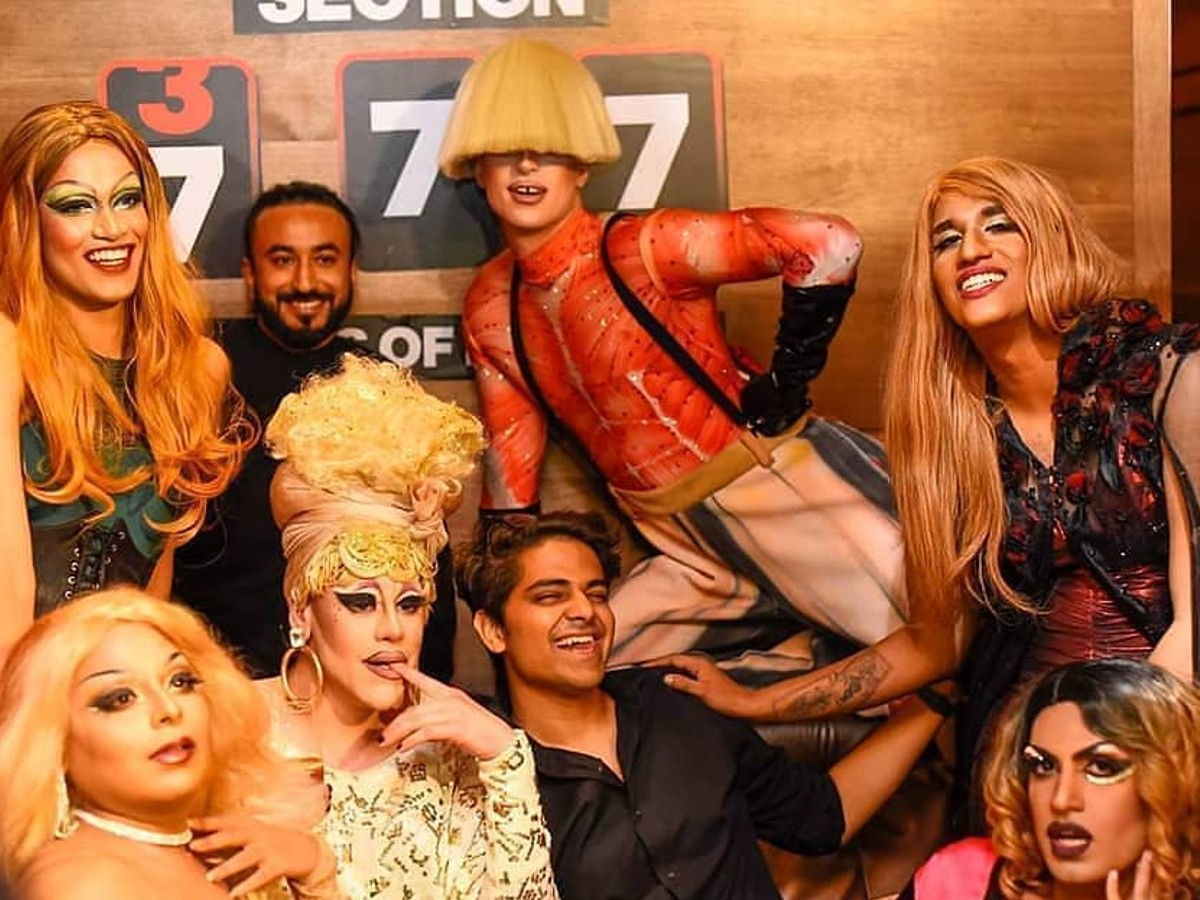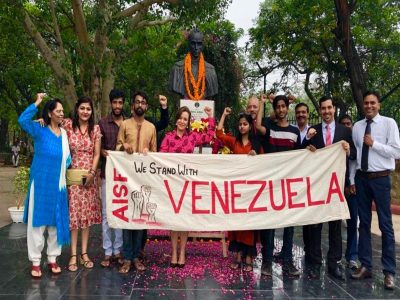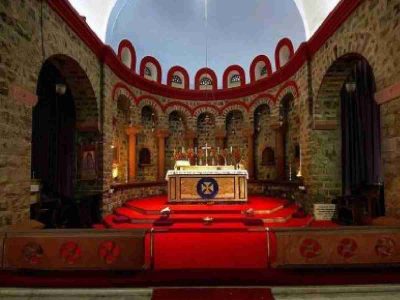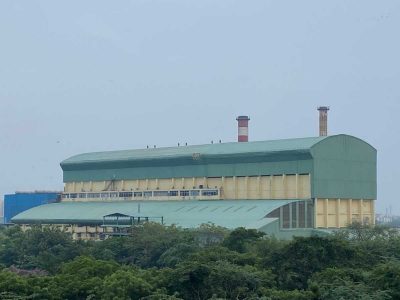If you ever go to Kitty Su, a gay bar, you will not be allowed to enter unless you produce a WhatsApp invite. The idea behind having invites is not to filter straight people from the queer ones but to make sure that the audience there is familiar with the event and ‘does not have any ulterior motive’.
“This filters the audience. It is not about whether people there are gay or straight, but it is about how well the organisers know them. If they share their number and details, they can be trusted. Sometimes we ask for their photos just to make sure they are willing to be visible”, says Vihaan Aggarwal, founder of Rainbow Delhi Now and the organiser of gay parties and other events in Delhi-NCR.
The gay party scene in Delhi gathered momentum after a historic judgement in 2018 by the Supreme Court of India repealed Section 377 which had criminalised homosexuality. The Lalit Group’s Kitty Su – run by hotelier Keshav Suri who was a petitioner against Section 377 of the Indian Penal Code – was the first club to host a gay party on the night of the judgement.
Also read: Upliftment with rhythm
In the following years, several establishments and restaurants in the city have declared themselves queer-friendly and opened their doors to members of the community.
These safe spaces, where the queer community can build a sense of belonging and enjoy a few drinks without discrimination, are created by people who either sympathise with the cause or are members of the community.
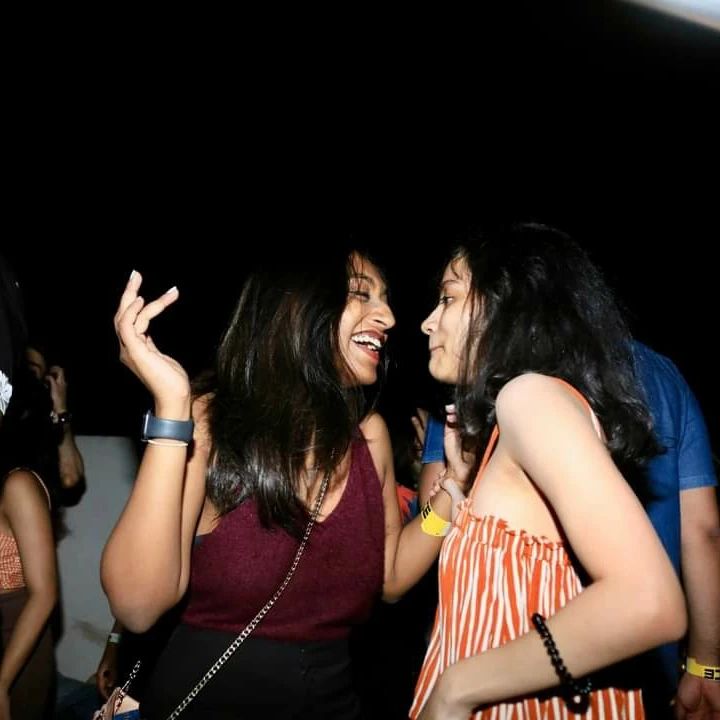
According to Aggarwal, an organiser is usually in touch with multiple queer-friendly bars and restaurants located in the posh areas of the city. “It was a big hassle before [the Supreme Court judgement] to look for a queer-friendly establishment. Now, there is a sense of understanding, so we don’t really have to worry a lot,” he says.
Although there are weekly gay parties held openly in restaurants like Depot48, Chevron and spaces in Hauz Khas Village and other gentrified localities known for their nightlife, organisers tend to send invites – sometimes unsolicited – on gay dating apps like Grindr, Planet Romeo and Blue.
“These are safe digital spaces for the gay community. This helps us to keep a list of people who wish to be in the gay party scene in the city. We get a lot of our audience from here,” Aggarwal explains.
Drag shows are a common sight at these parties, sometimes drawing a heterosexual audience, especially women. “Drag shows are loved by people irrespective of their sexual orientation. If an event includes a drag show, it is likely that the audience would be thrice as much there,” Aggarwal says.
Rohit, who frequently visits gay parties, believes that music plays an important role in the overall environment. “I love the music there. Even the choice of songs in the usual bar can be conservative. Here, they will play Chikni Chameli and we can dance without being observed,” says the 38-year-old.
Another element that Rohit loves is the liberty to show affection to the same sex. “You can see a guy kissing another guy and being comfortable in his skin. We can lean on, show affection and be ourselves,” he adds.
There are no legal issues or police harassment if the organisers adhere to the rules regarding alcohol consumption. Rohit, however, narrates an incident from a Holi party where they were threatened by officials and asked to vacate a resort near Janakpuri West. “They hurled all kinds of homophobic slurs at us. And the worst part is, the organisers were unable to help us continue the party – they asked us to visit another party that we had not paid for. But we did not say anything because any controversy would have been bad for us,” he says.
However, the general reaction of the police and society at large is ‘normal’.

Apart from gay bars and parties, queer-friendly spas also draw the attention of the community. “You can go there and pay a certain amount for a massage. These are not shady places as it may sound like. In fact, they are very visible in the locality and known in the community,” Rohit says.
Foreigners can often be seen in Delhi’s gay bars and clubs. “I did not know that Delhi has such a flourishing gay scene. It feels so good to see people who you may otherwise see only in dating apps like Grindr,” says a Dutch businessman who visited the country on a business trip recently.
But are these spaces really safe for the community? Ubaid (name changed to protect identity), who used to visit gay parties, doesn’t think so. “All these gay parties and spas cater to a very specific audience and fail to address the issues that the community faces as a whole. No doubt, they are fun to visit. But you don’t see the diversity that you expect in spaces that claim to be inclusive and welcoming. It’s a no-brainer that these clubs are situated in posh localities and have an entry fee. Not a very promising setting for a large part of the community,” he says.
Transgender people are often shamed and harassed at gay parties. “A lot of gay men tend to leave the bar if there are too many transgender people, who are thought of as loud and with a certain behaviour,” Rohit says.
The Hijra community or those who are visibly queer continue to be ostracised in events that claim to be inclusive and non-discriminatory. The battle for equal participation in public spaces for the most vulnerable remains a difficult journey.
Follow us on:
Instagram: instagram.com/thepatriot_in/
Twitter: twitter.com/Patriot_Delhi
Facebook: facebook.com/Thepatriotnewsindia

